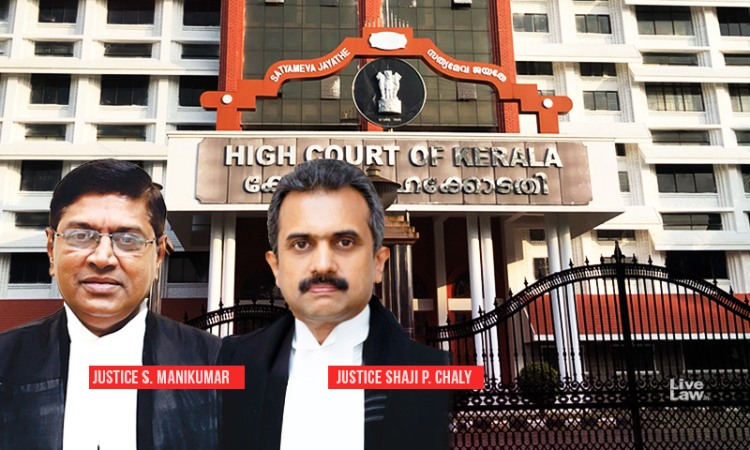Advocates Entitled To Appear In Maintenance Tribunals; Bar On Legal Representation Unconstitutional : Kerala High Court
Lydia Suzanne Thomas
8 April 2021 8:11 PM IST

"Section 17 of the Maintenance and Welfare of Parents and Senior Citizens Act, 2007, is declared as ultra vires of Section 30 of the Advocates Act, 1961"
Next Story


